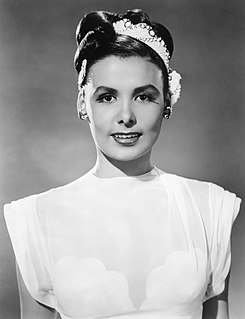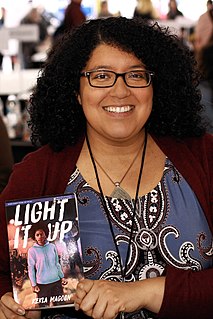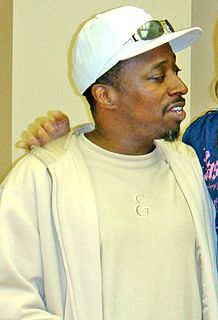A Quote by Jim Brown
'The Autobiography of Malcolm X.' I've used it to demonstrate racial attitudes to people who I thought needed a better understanding of all human beings. Malcolm was not a racist. He was not looking for revenge. He realized that kindness and goodness did not come from any one kind of person.
Related Quotes
I have asked James Shabazz, I've asked other people who are members of the OAAU, Herman Ferguson and others, what led to that disastrous decision [that the guards didn't carry weapons]? James Shabazz said to me with a shrug, you just didn't know Malcolm. Malcolm was adamant, and that whatever Malcolm wanted, that's what we just did.
I believe that if we could see the chapters that are missing from the book [The Autobiography of Malcolm X], we would gain an understanding as to why perhaps - perhaps - the F.B.I., the C.I.A., the New York Police Department and others in law enforcement greatly feared what Malcolm X was about, because he was trying to build a broad - an unprecedented black coalition across the lines of black nationalism and integration. And in way, it presages 30 years ahead of time, the Million Man March.
Most people who read the autobiography perceive the narrative as a story that now millions of people know, and it was - it's a story of human transformation, the powerful epiphany, Malcolm's X journey to Mecca, his renunciation of the Nation of Islam's racial separatism, his embrace of universal humanity, of humanism that was articulated through Sunni Islam. Well, that's the story everybody knows.
Elements within Malcolm's X own entourage, some of them were very angry with some of the changes that had occurred with Malcolm. One source of anger, curiously enough, was that - was the tension between MMI and OAAU, that the MMI, the Muslim Mosque Incorporated, these were women and men who had left the Nation of Islam out of loyalty to Malcolm, but then Malcolm continued to evolve rapidly.
When 'Malcolm in the Middle' was over, I was looking for a drama more than a comedy...but if it was a comedy that came up, it would have to be as well-written as 'Malcolm' was, and it would have to be a different kind of character than I played on that show. That's harder to come by. In drama, there were more opportunities, more options for me, and when I read ('Breaking Bad'), it was just, 'Good night, Nurse! I'm going after this sucker!'
Malcolm: A karate master does not kill people with his bare hands. He does not lose his temper and kill his wife. The person who kills is the person who has no discipline, no restraint, and who has purchased his power in the form of a Saturday night special. And that is why you think that to build a place like this is simple. Hammond: It was simple. Malcolm: Then why did it go wrong?































